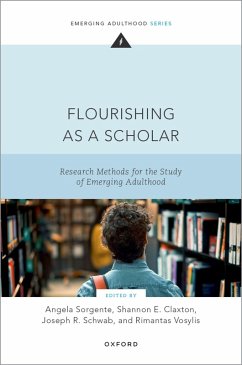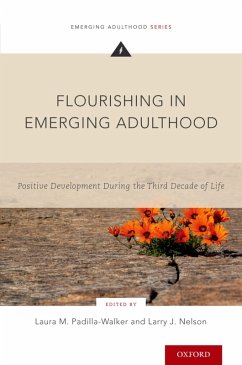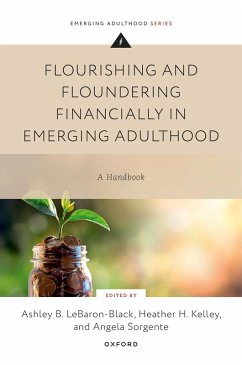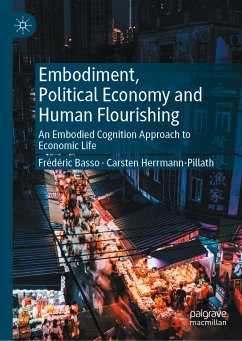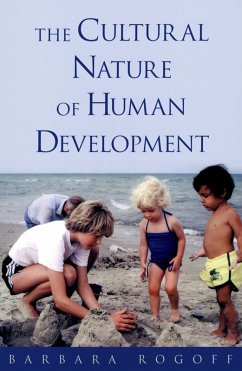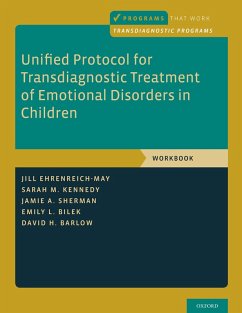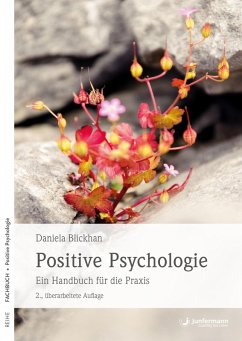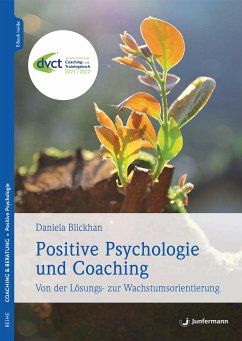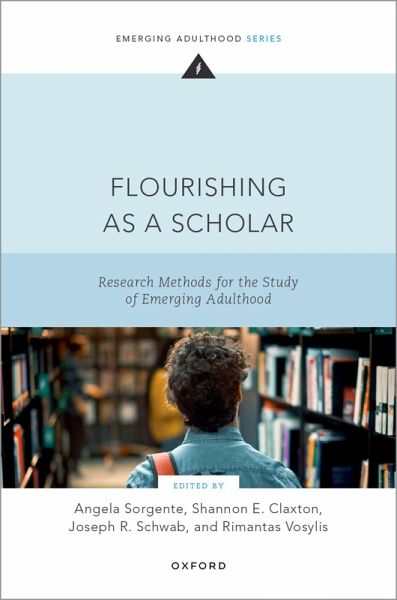
Flourishing as a Scholar (eBook, PDF)
Research Methods for the Study of Emerging Adulthood
Redaktion: Sorgente, Angela; Vosylis, Rimantas; Schwab, Joseph; Claxton, Shannon
Versandkostenfrei!
Sofort per Download lieferbar
32,95 €
inkl. MwSt.
Weitere Ausgaben:

PAYBACK Punkte
16 °P sammeln!
In Flourishing As a Scholar, the contributors offer a comprehensive resource that is intended to benefit scholars seeking guidance for how to use diverse research methods to study emerging adulthood. Studying emerging adults (typically people between the ages of 18 and 29) presents specific challenges, therefore this book guides scholars in issues such as representative sampling and participatory inclusion of diverse emerging adults throughout the research process. This book is unique in its coverage of both quantitative and qualitative methods, and in its breadth of the entire research method...
In Flourishing As a Scholar, the contributors offer a comprehensive resource that is intended to benefit scholars seeking guidance for how to use diverse research methods to study emerging adulthood. Studying emerging adults (typically people between the ages of 18 and 29) presents specific challenges, therefore this book guides scholars in issues such as representative sampling and participatory inclusion of diverse emerging adults throughout the research process. This book is unique in its coverage of both quantitative and qualitative methods, and in its breadth of the entire research methods process: from philosophies of science, to the creation of research questions, sampling techniques, data collection strategies, procedures of data analysis, accurate reporting of results, drawing evidence-based conclusions, and recognition of the limitations and strengths of each methodological approach. The contributors cover the diversity of quantitative cross-sectional, quantitative longitudinal, quantitative dyadic, intensive longitudinal, in-depth qualitative, and mixed method approaches with a breadth and depth that will benefit emerging and established scholars who are interested in learning new methods that capture the diversity and complexity of the lives of emerging adults.
Dieser Download kann aus rechtlichen Gründen nur mit Rechnungsadresse in A, B, BG, CY, CZ, D, DK, EW, E, FIN, F, GR, HR, H, IRL, I, LT, L, LR, M, NL, PL, P, R, S, SLO, SK ausgeliefert werden.




